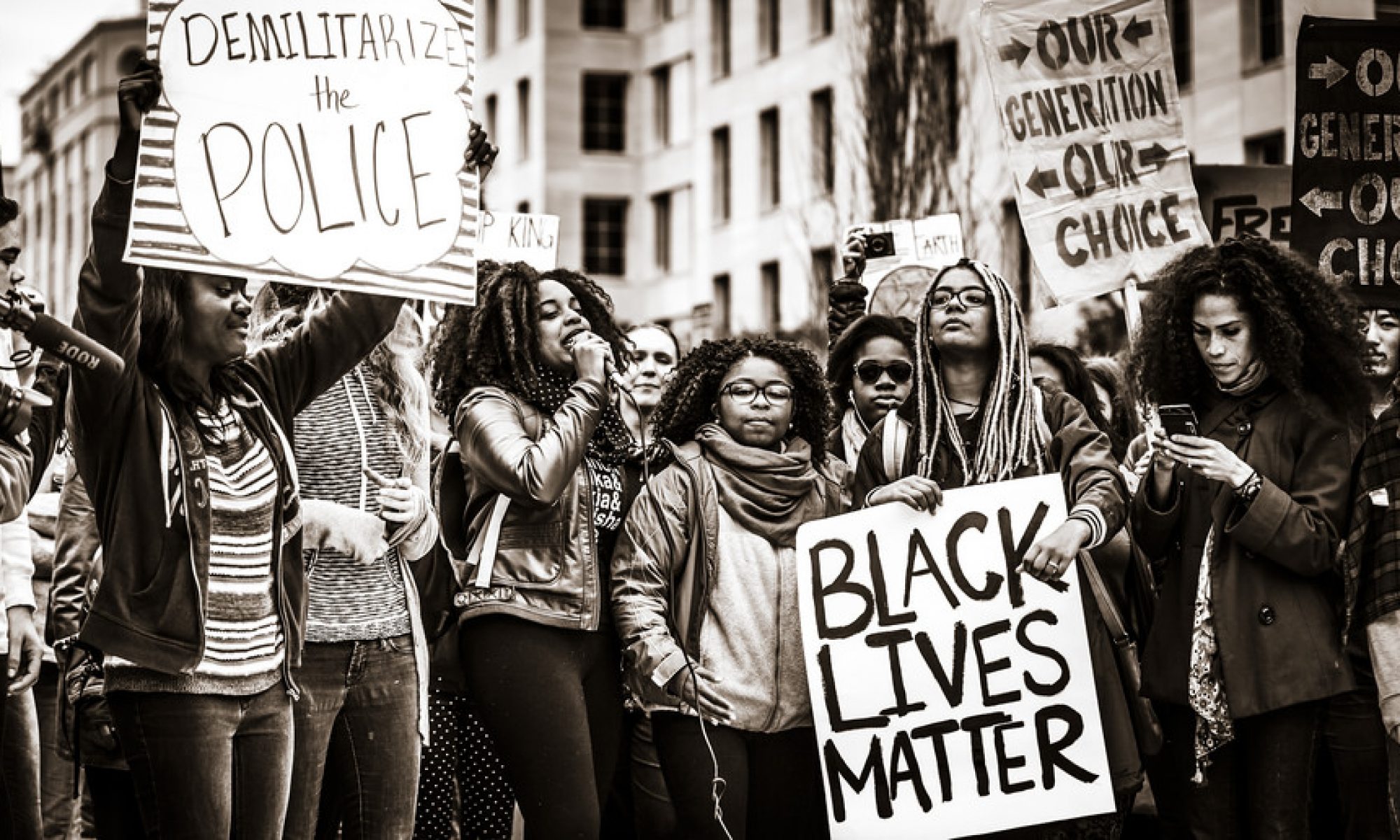In class we’ve talked about how black women have historically been pushed to the back and often times forgotten about. In many instances the history of black women is distorted and disregarded. This also stands true when it comes to the conversation of art. Many art pieces in modern day have been whitewashed and continue to diminish the existence of black women in historical art. In an article by Sophia Smith Galer, Galer uses many examples of historical black skinned females in mythology and history that have been whitewashed in art. Andromeda, who was a originally depicted as a black princess from Ethiopia, has been made to be a white woman in many art pieces. She was in fact a black woman, but many artist went on believing she was white. In addition, in many paintings of the old testament the queen of Sheba is depicted as white. Gale notes “the Renaissance saw a whitewashing and sexualization of the Queen of Sheba”. This quote stuck out to me because as we’ve discussed in class black women are often unnecessarily over sexualized. I found this article to be very relevant to our class because of the discussions we’ve had about how black women are forgotten or the last in line for respect. It is important to realize that this idea can be applied to other disciplines that aren’t usually discussed. Art is one of those disciplines and examines this idea closely.
Link here
